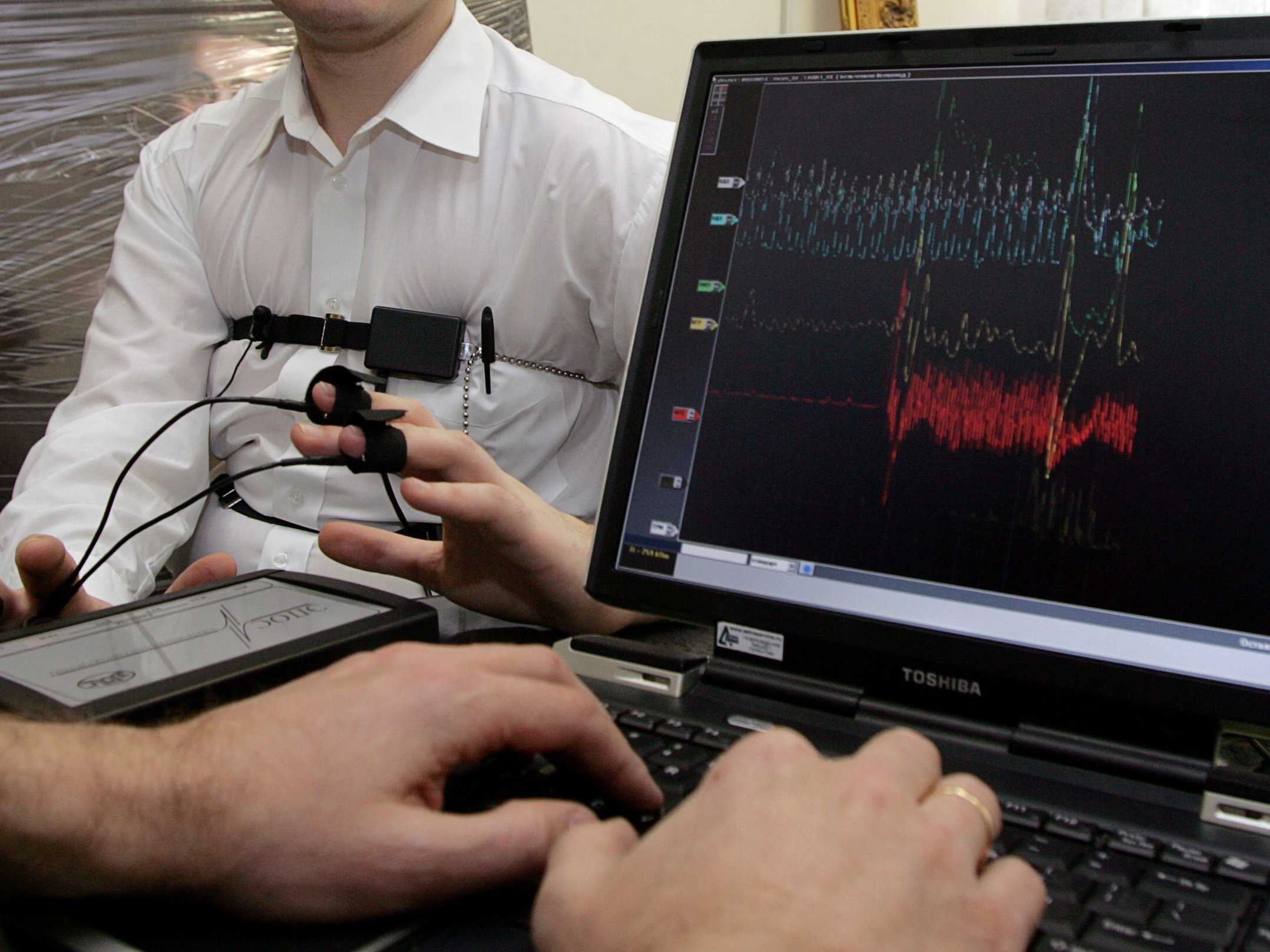Polygraph testing
A polygraph, popularly referred to as a lie detector, measures and records several physiological indices such as blood pressure, pulse, respiration, and skin conductivity while the subject is asked and answers a series of questions. The belief underpinning the use of the polygraph is that deceptive answers will produce physiological responses that can be differentiated from those associated with non-deceptive answers; thus, almost every law enforcement agency use the polygraph for pre-employment purposes or for criminal investigations.
Experience proved that the most common demands for polygraph testing were connected to the pre-employment purposes for the leading managerial position, for testing people suspected of involvement in various crimes, as well as for the illicit cooperation and activities that may have inflicted damage to institutions those people worked for, and in various ongoing civil disputes.
Furthermore, there is a growing trend of using polygraph testing within family matters, whether it be a pre-matrimonial investigation, suspicion of infidelity, or in cases of juvenile delinquency, such as a minor's involvement in criminal acts, drug and alcohol abuse, and many more.












